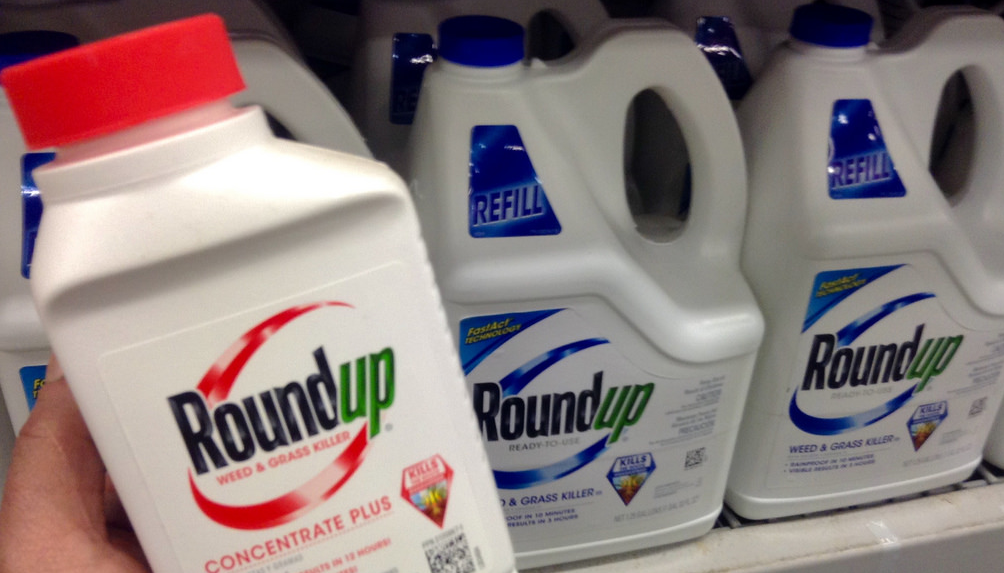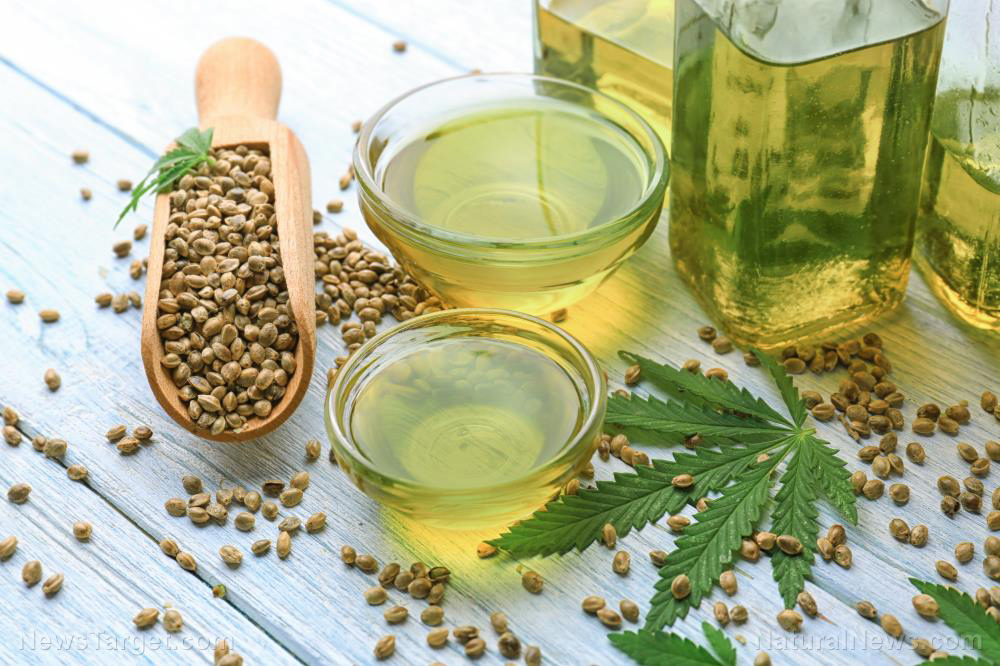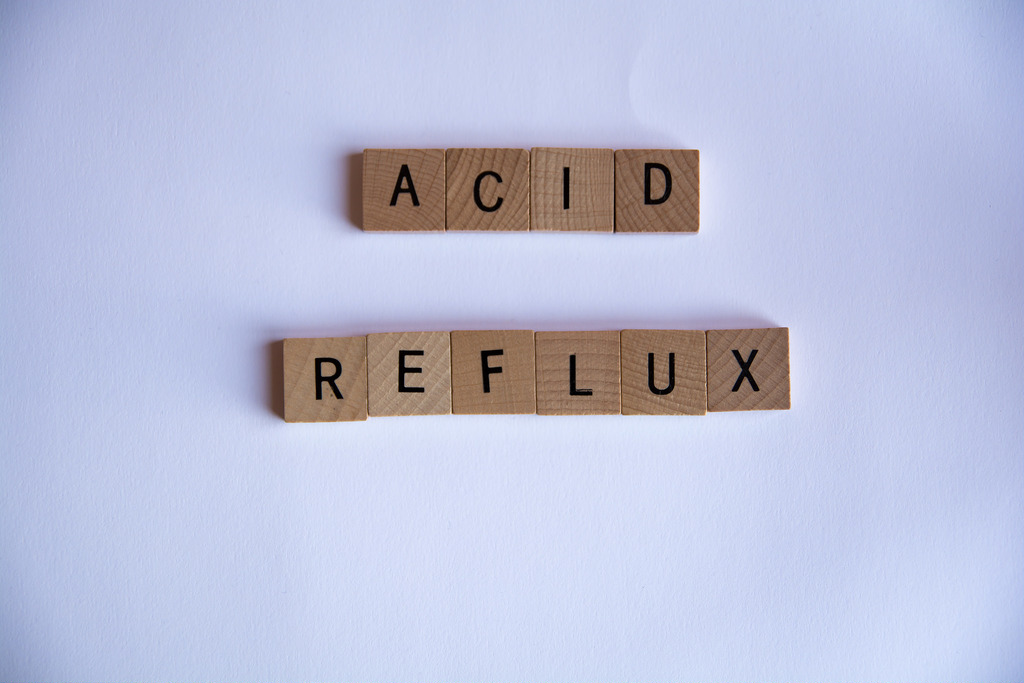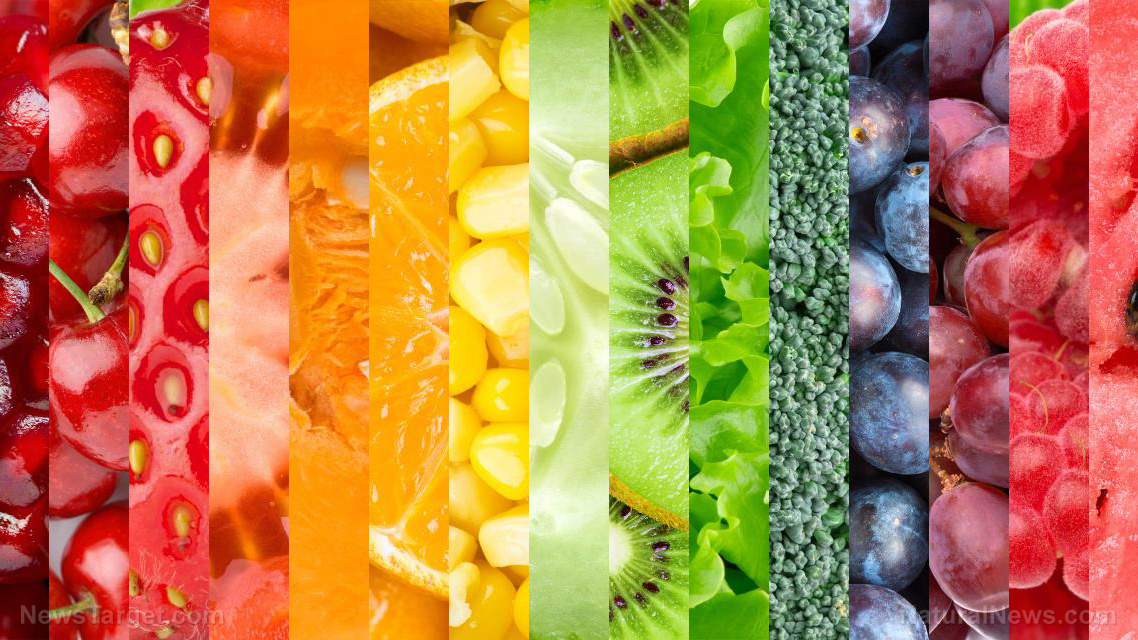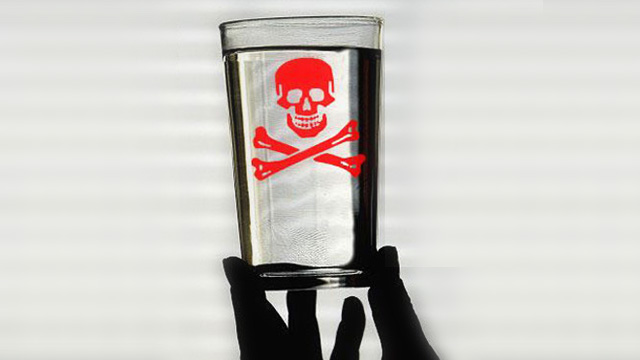9 Signs you might be allergic to pasteurized milk
05/02/2018 / By Edsel Cook

You might be one of the rare people who suffers from a milk allergy. It’s easy to find out if that warm glass of milk you want to drink is dangerous for you – and almost as easy to find ways around the issue of a milk-deprived diet, according to a PaleoHacks article.
Milk allergies and lactose intolerance are not the same thing. Lactose intolerance is a digestive problem. It means you don’t have the enzyme that normally turns the milk sugar called lactose into a usable form.
If you’re lactose-intolerant and persist in gulping down milk, you’ll get acne, constipation, diarrhea, and nausea for your troubles. But it is mostly a matter of inconvenience instead of a life-threatening situation.
In comparison, a milk allergy means your body reacts harshly to milk proteins like caseinate and whey. Your immune system attacks any such proteins it comes across with such ferocity that it triggers serious symptoms in the rest of your body.
People with milk allergies who consume dairy products will suffer both immediate and non-immediate symptoms. According to the American College of Allergy, Asthma, and Immunology, the early signs of a milk allergy attack are as follows:
- Your skin breaks out into hives or rash
- Vomiting
- Wheezing and coughing
A few hours after the initial symptoms, your body will start undergoing harsher reactions. These non-immediate signs include:
- Abdominal cramping and discomfort
- Colic, a nasty form of abdominal pain often suffered by babies
- Diarrhea
- Itchiness and watery eyes
- Rashes
- Runny nose
The power of the elements: Discover Colloidal Silver Mouthwash with quality, natural ingredients like Sangre de Drago sap, black walnut hulls, menthol crystals and more. Zero artificial sweeteners, colors or alcohol. Learn more at the Health Ranger Store and help support this news site.
If you suffer from these symptoms whenever you eat anything with the least hint of dairy, you’re definitely allergic to milk. That means you’ll need to adopt a milk-free diet.
Check the labels, don’t trust “dairy-free” or “non-lactose”
Pick up the habit of checking the product labels. Do not be fooled by “dairy-free.” The term is not officially approved or regulated by the U.S. Food and Drug Administration (FDA).
Many manufacturers remove lactose from “dairy-free” products but retain the milk proteins that can trigger milk allergies. These products are for lactose-intolerant people, not allergic people.
Don’t trust “non-lactose,” either. Those products often undergo heavy processing. They may also be full of antibiotics and hormones.
Instead, inspect the ingredient statement at the bottom of the label. If it says the product has milk, it will trigger your allergies. Also avoid any product that has milk proteins like casein, casein hydrolysate, lactalbumin, lactalbumin phosphate, lactoferrin, lactose, lactulose, and whey.
You’ll also want to avoid dairy products. These include butter (such as ghee from India), buttermilk, cheese, cottage cheese, cream, ice cream, sour cream, and yogurt.
Other foods might not be obvious. When in doubt, ask the cook if that tasty dish is made from milk or used a dairy product as an ingredient.
Stock up on non-dairy milks and healthy alternatives
There are plenty of non-dairy milks available nowadays. Many are derived from nuts like almonds, cashews, coconuts, and hazelnuts. Others are made from hemp seeds and pumpkin seeds.
Almond milk and coconut milk are often used to make non-dairy cheeses and ice cream. So you’ll have something for your sandwiches and dessert. (Related: 7 Incredible Benefits of Almond Milk And Its Simple Homemade Recipe.)
If you’re worried about nutrition, there are other ways of getting the nutrients provided by milk. Need calcium for your bones? Add leafy greens like collard greens, kale, and spinach to your diet.
Want fatty acids? Nuts and seeds can provide for that lack. So can meat from grass-fed animals. So you have a lot of healthy and delicious options that won’t trigger your milk allergy.
Learn about more ways to get a natural handle on your allergies at Health.news.
Sources include:
Tagged Under: allergic reaction, allergic to milk, allergies, allergy symptoms, Almond Milk, casein, coconut milk, dairy free, dairy milk, dairy products, food allergies, food science, hemp seed milk, hemp seeds, ingredients, Lactose, lactose intolerance, milk allergy, milk alternatives, milk protein, milk substitute, milk-free diet, non-dairy milk, non-lactose, nut milk, whey




